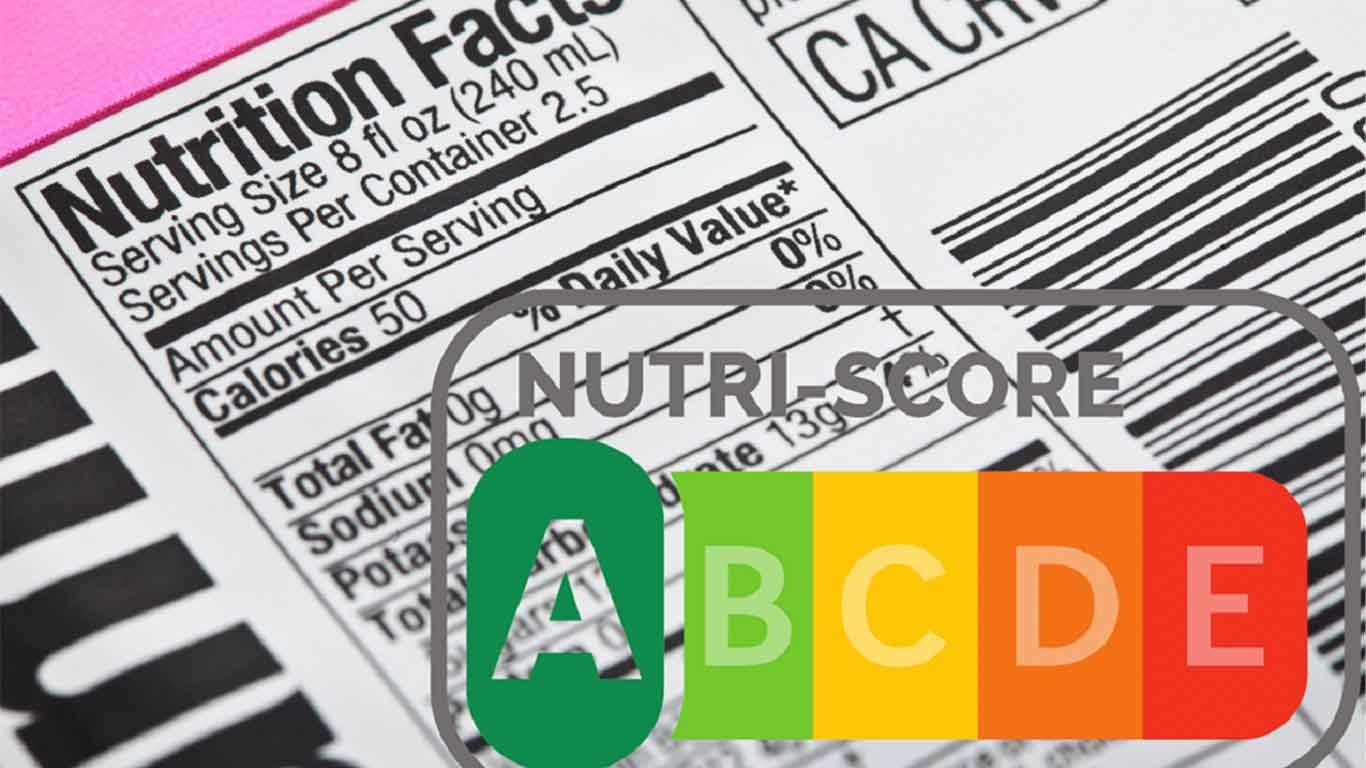With the advancement of the digital transformation, one fundamental assumption has become prevalent: data is the oil of the 21st century. Anyone who manages to collect, read out and use data effectively is well on the way to becoming a sustainable company. For the food industry as well, this means spending more time and money on proper product data management. But PDM is not equal to PDM. Finding the right system can mean a lot of work. First of all, there are some key questions to answer: Which data is relevant? Which data help your own insights, which help the customer / customer? Which data increase the costs of quality management, which lower it? And how can compliance be maintained?
To answer these questions, companies should take a look at the trends in Product Data Management 4.0. One thing is certain, product data is increasingly becoming the heart of the digital transformation. PDM covers the entire lifecycle of a product – from the extraction of raw materials to sales. It is important to have a cross-company approach in order to involve all departments of a company in the new processes and to make the operation as a whole more efficient. At the same time, however, this means that more data is required to be processed by the manufacturer. Some companies are already using software as a service (SaaS) models and cloud-based solutions. This shows that they are pioneers in product data management 4.0.
Free E-Book
11 reasons to switch to SaaS for PLM & Supply Chain Management
SaaS and cloud solutions in the food industry
In the food industry in particular, cyber or hacker attacks are increasing. Food data is sensitive data, theft or manipulation of which can not only lead to large losses for a company, but can also endanger the safety of customers and end consumers. In connection with product data management 4.0, the highest security precautions are absolutely necessary. SaaS or cloud solutions can help here. Reputable providers use end-to-end encryption, which prevents unauthorized persons from viewing the stored data. In addition, they host their cloud solutions in data centers with correspondingly high security measures. Regular back-ups and recovery procedures in the event of a server crash are also included.
Comprehensive and multi-level protected, the food industry can greatly benefit from the digital transformation in terms of product data management. In addition, all compliance requirements can be met and fulfilled even better with SaaS or cloud solutions. This is an important factor, especially with regard to international and national competition.
Highest data security for your PDM
But not only from the outside product data can be (theoretically) manipulated. That’s why manufacturers should also protect their PDM internally. A high-quality PDM solution allows its users to clearly specify who has access to which documents and files. Especially sensitive data are protected accordingly – with the right software no great effort. Each user can be quickly and easily assigned the appropriate roles and access permissions. Individual log-ins into the PDM system, electronic signatures as well as documentation of all accesses in the system and individual control of user rights make it impossible for unauthorized persons to make unauthorized changes.
Fit for the future with blockchain technologies
In the context of the security of product data management 4.0, the subject of blockchain technology is highly topical. When it comes to managing supply chains, companies that rely on blockchain technologies are on the right path to a successful and secure future. Simply explained, behind the blockchain lies a series of records or “blocks”. These are concatenated together by a cryptographic method, each block being the result of a spread memory method. This means that an unlimited amount of data can be put together in one algorithm, but only a small amount of data comes out at a time. When a block is generated, the previous blocks are broken and new transactional data is usable for the next block. In concrete terms, each new block contains the previous, scattered blocks.
This scattered storage method prevents subsequent modification of transactions. The blockchain thus offers a particularly secure technique for processing product information. It creates transactions using algorithms that process private and public keys in such a way that data is both open to external viewing and has the necessary security against manipulation. So if there is a data transaction using blockchain, this is digitally signed by the sender. If it is subsequently changed, a new block is formed immediately. This makes it impossible to change blockchain data afterwards. So when it comes to counterfeiting and traceability of product information, the blockchain is an optimal solution.
Best Practice in Product Data Management 4.0
Even though the digital transformation in the food industry is still in its infancy, Product Data Management 4.0 is already commonplace in some companies. By example, the globally active manufacturer Dr. Oetker ahead. For its success, the company relies on the highest quality and safety standards of its sustainable products. The right PDM helps him significantly, not having to write each recipe manually and to capture every change consuming. New assignments can be entered in a few steps. This is fast and saves a lot of work and costs.
The spice and delicatessen producer Santa Maria also harmonises its product data and development processes using digital PDM. Here, the company sees the foundation for its economic success and efficient compliance assurance. For this, the manufacturer relies on a uniform database for raw materials, formulations, packaging, labels and specifications. With this, all information can be called up and adjusted at any time. Santa Maria works so profitably with a central PDM system for all product information including real-time calculation and reporting. This allows a fast and flexible response to current market needs.
Another outstanding example of the optimal use of product data management 4.0 is Eckes-Granini, the leading producer of fruit drinks in Europe. Here, the right PDM ensures a reduction of errors. For example, the company relies on the automated preparation of product information and direct playout using the GTIN connector from the company SAP system to the data pool 1WorldSync. Eckes-Granini has already published around 280 articles and 1,000 packaging units. The GTIN connector merges all GDSN-relevant attributes in a central SAP system and checks the company-specific article master data before it is published. Logs and feedback from trading partners can be processed automatically. Thus, the company meets all internal requirements as well as the wishes of its customers for complete and relevant product information.
Featured Image: © TippaPatt/shutterstock.com




